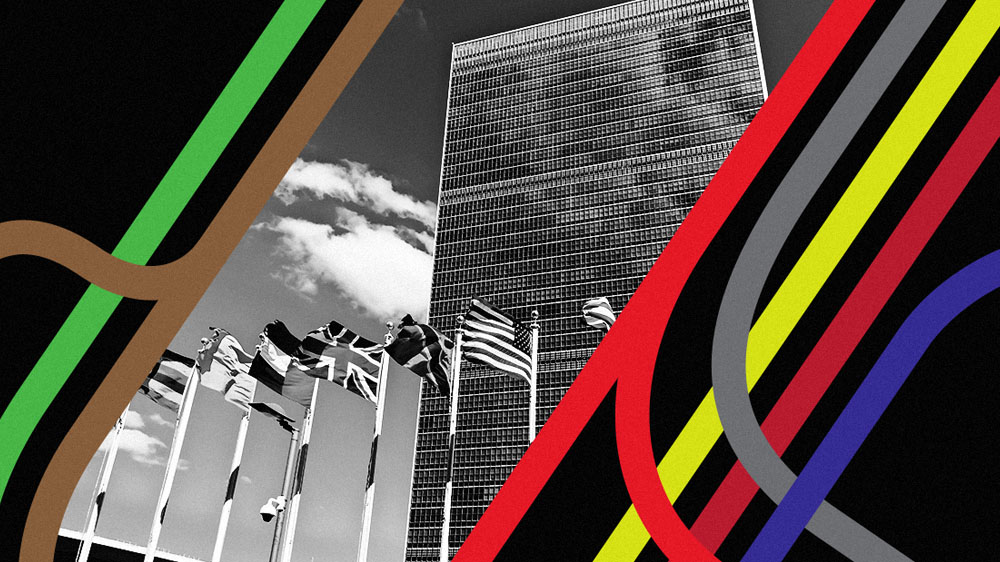In a star-studded sequel to their Uncomfortable Conversation panel in March, The Marketing Society gave four marketing executives from some of the world’s largest brands a platform to share what in today’s marketplace is giving them pause.
Digital
Jason Chebib, vice president of consumer planning for Diageo, opened the discussion by confessing to feeling “intuitive repulsion” when he hears marketers talk about the power of digital. “Something isn’t right. Digital isn’t building brands,” he said.
In a five-minute speech, Chebib accused the industry of tunnel vision and pointed out that highly personalized ads remove the powerful motivating force of social pressure.
“The problems arose from marketers looking to digital to make up for the shortcomings of TV,” he added, before being cut off by The Marketing Society’s strict five-minute time limit for opening remarks.
Angela Ceccarelli, vice president of marketing at HSBC, picked up the same thread about the all-encompassing spread of online marketing: “Digital is not itself a channel anymore. It’s our day to day,” she said.
Ceccarelli also addressed the limitations of information gathering. “We sit on reams of data that should help us build intimacy, but that breeds unfamiliarity,” she said. “We don’t know [consumers] as well as we think we know them.”
Samsung’s vice president of marketing excellence, Michelle Froah, also commented on the subject, stating that data is useless without insight. “Sometimes I think we wouldn’t know a true insight until a herd of elephants stampedes us,” she said, referring to The Marketing Society’s “elephant in the room” theme for the talk. “It’s a chief marketing scientist that we need.”
“An insight stops being an insight once you reveal it. It just becomes the truth,” Chebib pointed out.
Control
IBM’s chief marketing officer for North America, Rashmy Chatterjee, talked about her concerns over the position of CMO in the future, claiming that marketers have steadily held less control over their own brand images—a trend she expects to continue down the line.
.@rashmyc’s uncomfortable conversation is about the change coming to marketers and the industry. #WatsonMarketing #AWNewYork pic.twitter.com/Kzpr2WizQT
— IBM Watson Marketing (@IBMforMarketing) September 27, 2017
As marketing strategies become more complicated, it becomes much easier for them to fail. “IT’s the weakest link that defines the outcome,” Chatterjee said. “What’s the point of great campaigns if you can’t guarantee user experience?”
Chatterjee emphasized the importance of advocates for maintaining brand equity, a viewpoint echoed by Michelle Froah. “Our loyalists were able to accept our setbacks as long as their loyalty was recognized,” she said.
According to Ceccarelli, loyalists should be the ones telling brands’ stories. “We don’t need to be directors,” she pointed out. “Our challenge today is not so much storytelling, but ‘story doing.'”

